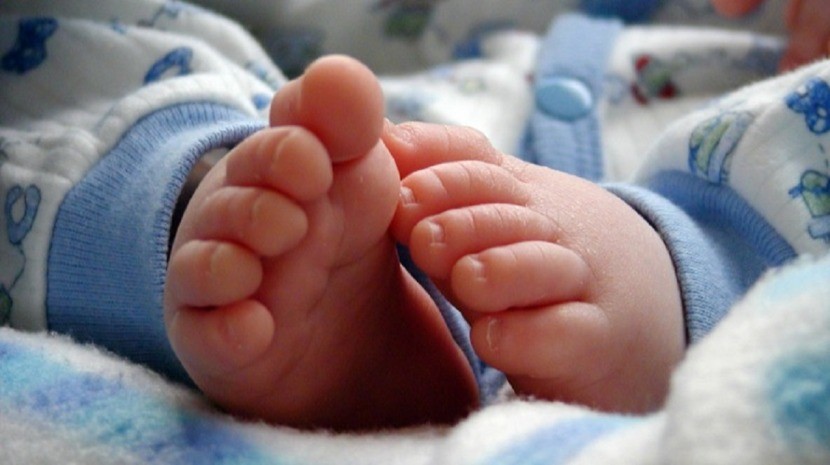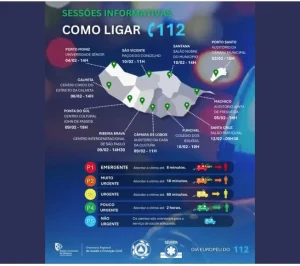The challenges of parenthood – a concept that encompasses families of different matrices and diversity – were the subject of debate in the “I Conference of Studies and Intervention with the Family – From Understanding to Intervention,” organised by the University of Madeira and the Regional Secretariat for Education, Science, and Technology.
One of the speakers at the event, a professor at the Faculty of Psychology and Educational Sciences, University of Coimbra, and family therapist, explored the theme ‘Being a family(ies) in today’s society: the challenges for parenting’, with the changes that have occurred in the context of families, “affective relationships are extraordinarily complex and parenting has to be organised within this complexity”.
Filomena Gaspar understands that currently, “within the family, there are completely different couples. There are couples in which the division of tasks is symmetrical, but in most Portuguese families, close to 72% of those who look after the house and children are women, despite having challenging careers.”
This reality has led to a new problem, stated Filomena Gaspar, as women who grew up thinking that there would be equality, find that it doesn’t exist, and now live the disappointment of motherhood.” The researcher went on to state that “in this disillusionment, the phenomenon of regret grows. In Portugal, five percent of women who, if they could go back, would not have children.” There are countries, such as Poland, where this figure rises to 12%, clarifying that in this case, the percentage also includes men.
In addition to parental regret, there is also ‘parental burnout’, that is, “stress related to the parenting function,” in which “we can get sick from being both parents and mothers. When this function is extraordinarily demanding, people can go into a state of exhaustion, emotional detaching from the child to such an extent that they do not identify themselves as the parents of their child.” The professor understands that this is a phenomenon that, being at 5% in Portugal “should start ringing alarm bells.”
How to act in the face of this problem? Filomena Gaspar replied: it is necessary to “act at the level of beliefs” and educate society about the importance of having a division of tasks in caring for children and the family. “We have to have more and more sensitive and protective masculinities, with men taking on affective responsibilities, deconstructing the myth that the child creates a special relationship with the mother. This is not true. The child creates a preferential relationship with the primary caregiver adults, which can be a man and a woman, two men or two women, a grandfather or grandmother,” for example. “The child needs caregiver figures of reference.” It is also necessary to “help parents to deal with stress, to take more care of them and, of course, provide parenting role models for the next generation.”
The conference took place at the Jesuit College and its main objectives is to promote mutual knowledge and facilitate a common language between different sectors (education, health, and social security) and disciplinary areas, with a view to better understanding and better quality intervention for the benefit of families, children, and young people.
Maria João Beja, Professor at the University of Madeira and member of the organising committee, explained that the conference emerges as “a space for reflection and discussion of themes and problems that occupy us as a society, namely in the area of Health, Education and social intervention,” in a vision around the life contexts of individuals and the relationships that are significant for their lives.
“We have been thinking and addressing the issues and defining practices and policies aimed at the individual, as if he were born alone and lived alone, without contemplating the fundamental relationships of life or the relationships that technicians establish among themselves and with them.”
Thus, the official stressed that it is important to have articulation and communication between the various stakeholders, in responding to the problems of children and young people, such as examples of education, development, consumption, parenting, impact of divorce on the child/young person, among other matters. This also means that the approach cannot be only in the individual, but in a broader context, in a family and social context.
Samantha Gannon
info at madeira-weekly.com
Views: 2








